
Ethiopia aims to pass legislation to let foreigners own real estate as part of the country's broader plan to open up the economy and attract investors, Prime Minister Abiy Ahmed said on state TV.
Currently foreigners are barred from owning houses in Ethiopia, either residential or commercial buildings, which is seen as a hurdle to ongoing efforts to attract foreign investment to the Horn of Africa country.
State TV said Abiy told a meeting of large taxpayers in the capital Addis Ababa that his government was finalising a new law to let foreigners own real estate property although he did not say when the legislation would be introduced in parliament.
"We will introduce a law which will allow foreigners to own property," he said, adding that the government also intended to amend existing laws to open up the country's retail sector, which is currently restricted to Ethiopians only.
"It (economy) was closed, but now we will slightly open it. So we want you to be ready as well," he said.
In recent years Abiy's government has been opening up parts of the tightly controlled economy such as telecoms and banking to foreign investment, as part of a plan to boost inflows of foreign capital to drive growth and create jobs for the country of more than 100 million people.



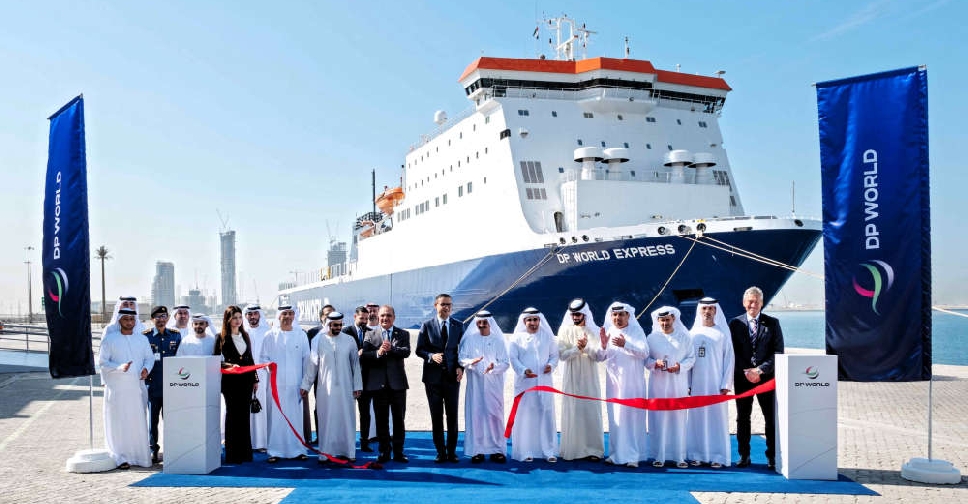 DP World launches 36-hour Dubai-Iraq sea link
DP World launches 36-hour Dubai-Iraq sea link
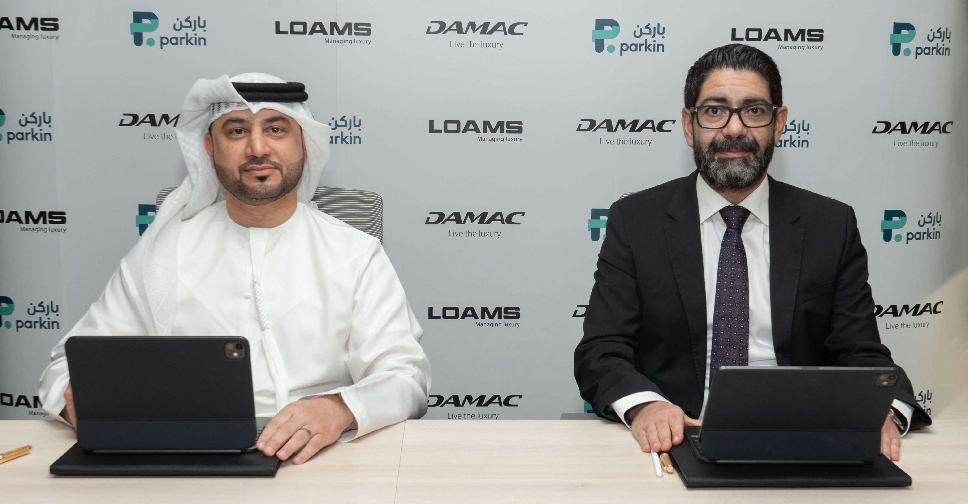 Parkin expands into Abu Dhabi under partnership with DAMAC
Parkin expands into Abu Dhabi under partnership with DAMAC
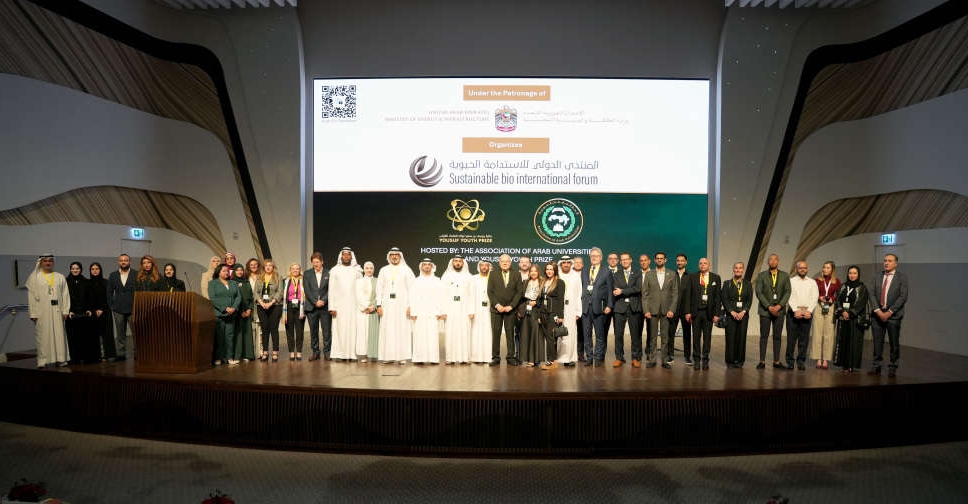 Dubai hosts Sustainable Bio International Forum
Dubai hosts Sustainable Bio International Forum
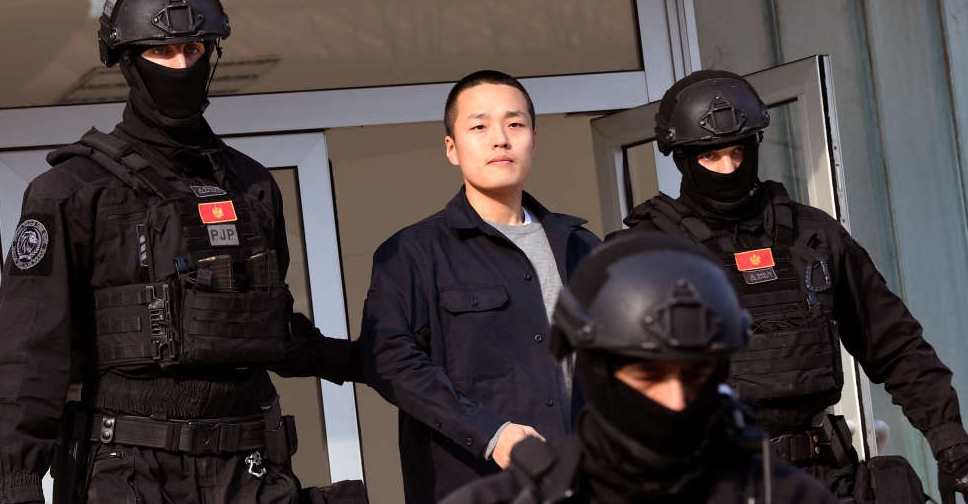 TerraUSD creator Do Kwon sentenced to 15 years over $40 billion crypto collapse
TerraUSD creator Do Kwon sentenced to 15 years over $40 billion crypto collapse
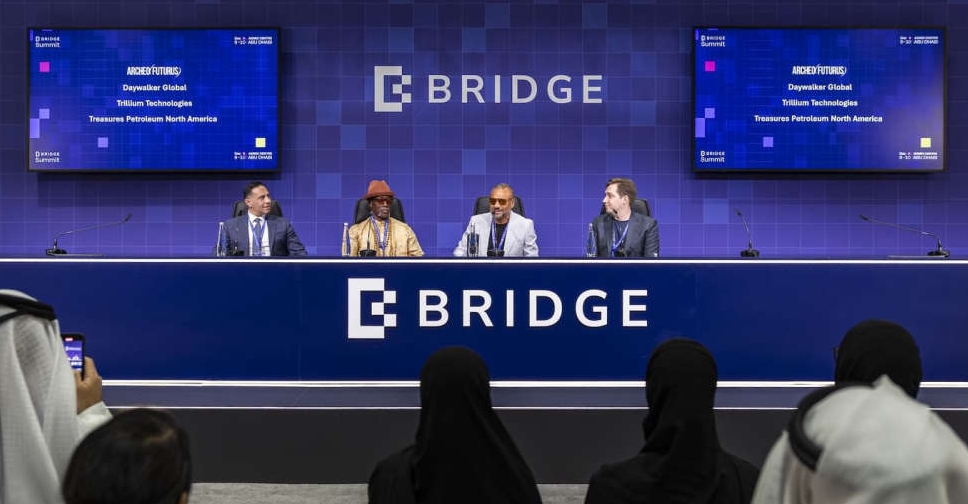 BRIDGE Summit drives $200 million deal to boost UAE's media sector
BRIDGE Summit drives $200 million deal to boost UAE's media sector




